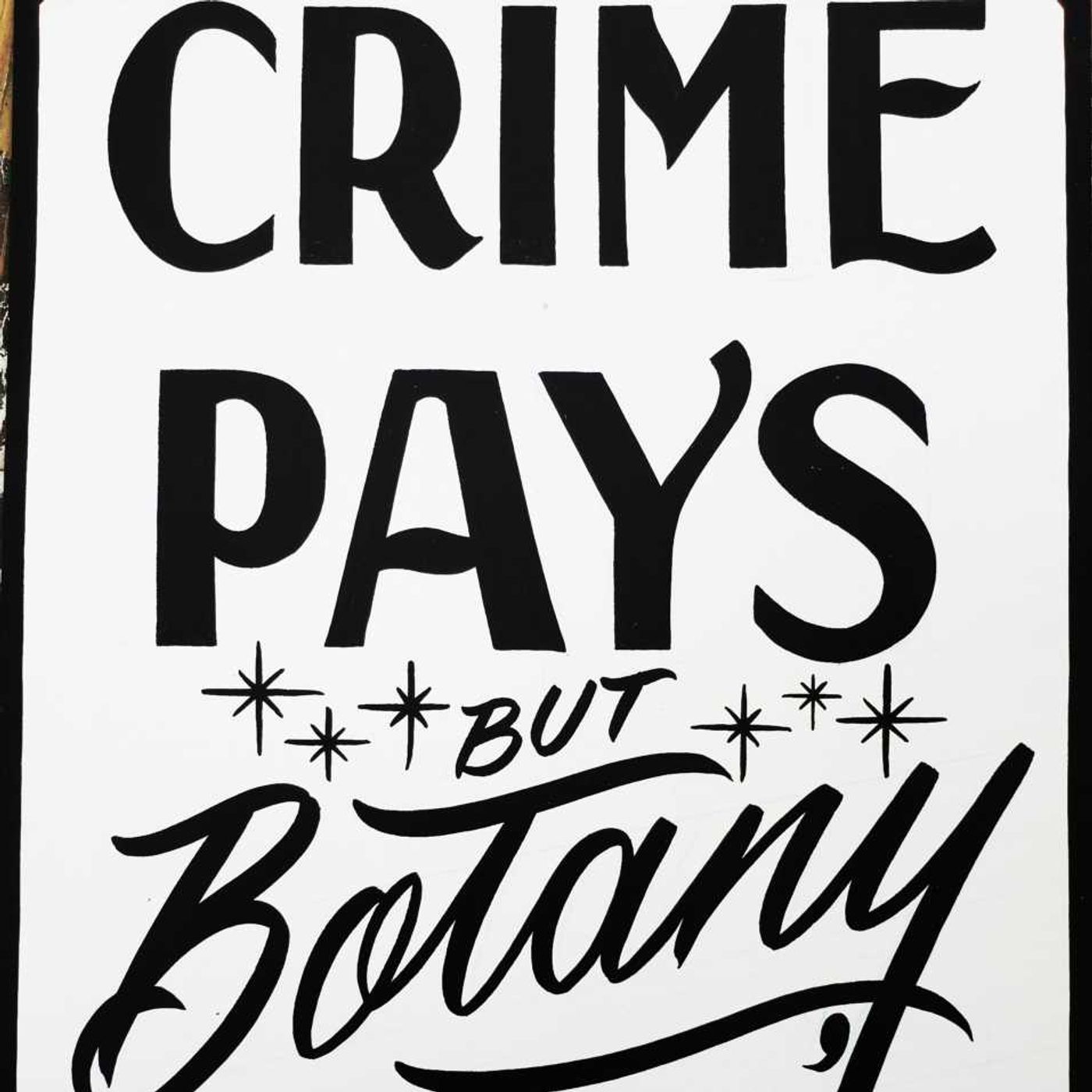A Deep Dive Into Coyote Bush
Description
Ads are terrible, Ads are hell, and if they bother you, here's a reminder that you can avoid them altogether by listening to this podcast Ad-Free on the Crime Pays Patreon at :
www.patreon.com/crimepaysbutbotanydoesnt
The genus Baccharis is one of the largest and most diverse in the Composite Family, Asteraceae. It originated in South America a few dozen million years ago and has diversified and spread throughout South and North America and adapted to a variety of different habitats due to a number of key innovations such as tufted trichomes that secrete sticky wax, the abundant production of wind-dispersed seeds, and rapid growth, among other traits. When I was working for the railroad and frequently visiting abandoned industrial corridors in California, the genus Baccharis was one of the only native plants that was able to hold its own amidst the concrete, pollution and toxic soil of former industrial sites.
Today we talk with Baccharis researcher Gustavo Heiden from Southern Brazil about his research and study of this tough and remarkable genus, where it originated and what makes it so successful.
More Episodes
This podcast episode is available ad-free on the Patreon with a screenshare of the presentation that accompanies it at www.patreon.com/crimepaysbutbotanydoesnt
How do plants evolve? How do plants speciate? What is allopatric speciation? What is sympatric speciation? How do plants like the...
Published 11/27/24
If the ads are a bummer, keep in mind all episodes of the Crime Pays podcast are available Ad-Free on the Patreon at : www.patreon.com/c/crimepaysbutbotanydoesnt
Codi Lazar is a Professory of Geology at California State University San Bernardino and a passionate and utterly hilarious geologist....
Published 11/16/24
Published 11/16/24


